Absence as Advantage

The interview conducted by David Robertson from the Religious Studies project with Bjørn Ola Tafjord (University of Tromsø) and Arkotong Longkumer (University of Edinburgh) explores the meanings, challenges and various usages of the increasingly popular notion of Indigenous Religion(s).
The Unverifiable Truth-Claim! | Mid-Year Special 2016 (with video)

“The Unverifiable Truth-claim”, recorded at BASR 2016, hosted by David Robertson, and featuring Christopher Cotter, Katie Aston, Jonathan Tuckett, and Krittika Bhattacharjee! Plus a special appearance by RSP Managing Editor, Thomas Coleman!
Sociology of Religion – and Religious Studies?

What makes the sociology of religion and Religious Studies distinct from each other – if anything? Paul-Francois Tremlett, Titus Hjelm and David Robertson discuss what the two approaches have in common, and how they differ. Importantly, they consider how they might learn from each other.
Discursive Approaches and the Crises of Religious Studies
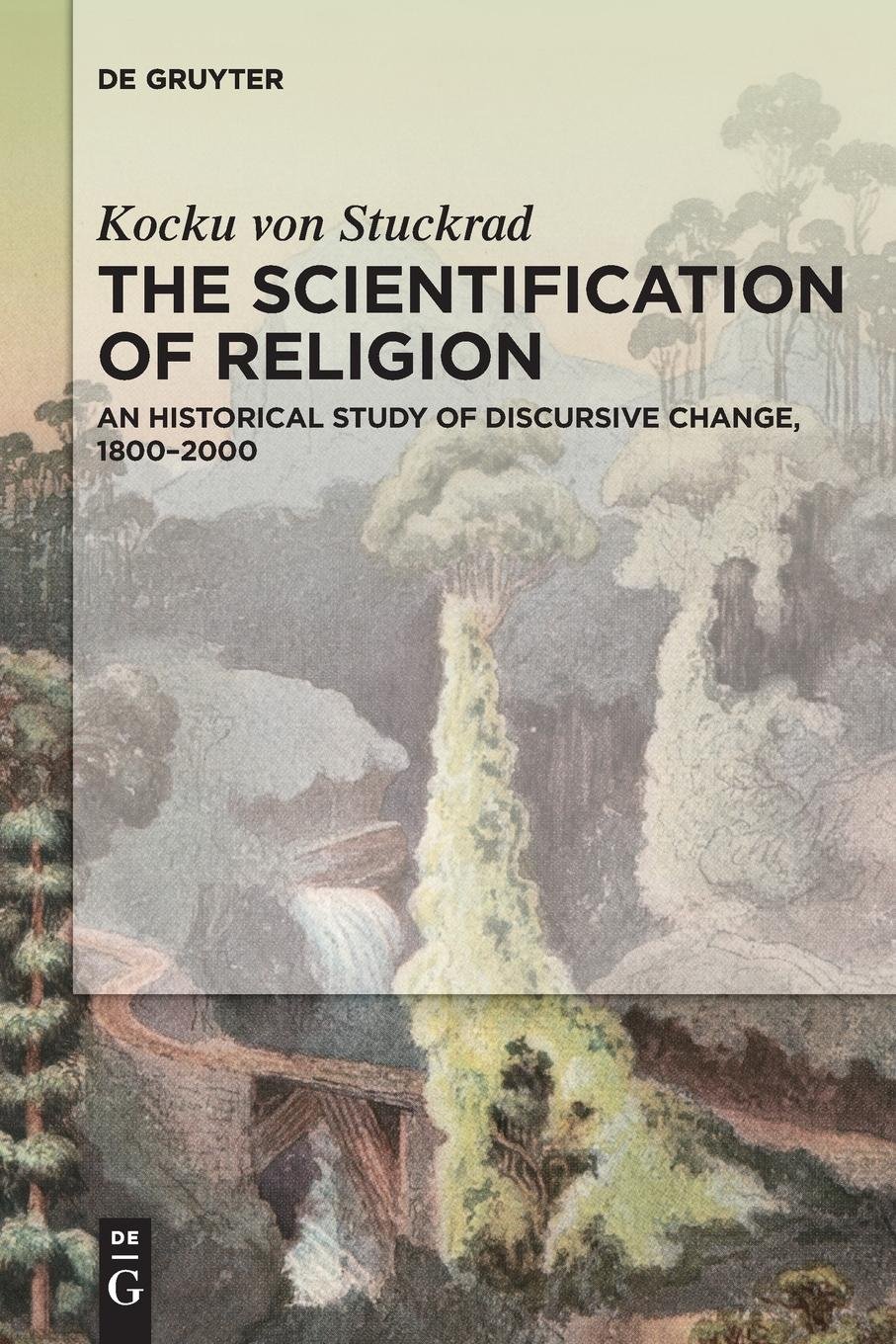
What is a discursive approach to the study of religion? And how can it answer the crises of contemporary RS? Kocku von Stuckrad tells David Robertson in this week’s RSP podcast. Discursive analysis of one kind or another is perhaps the most prominent methodology in the study of religion today.
The Truthiness of Consciousness as the Sacred

I find it our duty to walk the line that holds us from letting the veracity of a claim dictate our field’s observational models or orientations. A single informant’s truth is anecdote, not evidence.
Seven or so minutes into David Robertson’s interview with Rice University’s Jeffrey Kripal, Kripal cuts to the heart of an issue that plagues contemporary religious studies scholars: Do we have the tools and will to seriously examine experiences of the fantastic in the present age?
“For a Secret Teaching, They Sure Do Write A Lot About It” – Is There a Gurdjieff Studies or only a Gurdjieff Industry?
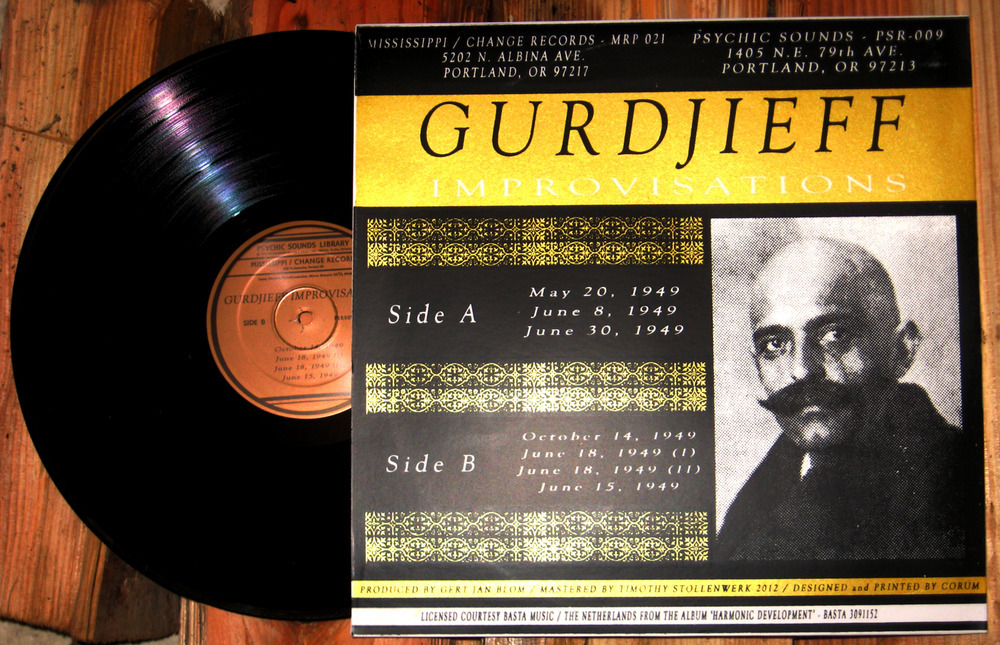
While there is little disagreement as to the basic content of Gurdjieff’s spiritual teaching, there is currently no concrete proposal about the place of Gurdjieff within the broadly scientific study of religions.
In David Robertson’s interview with Professor Carole Cusack of the University of Sydney and Steven Sutcliffe, Senior Lecturer in the Study of Religion at the University of Edinburgh, …
Gurdjieff and the Study of Contemporary Religion
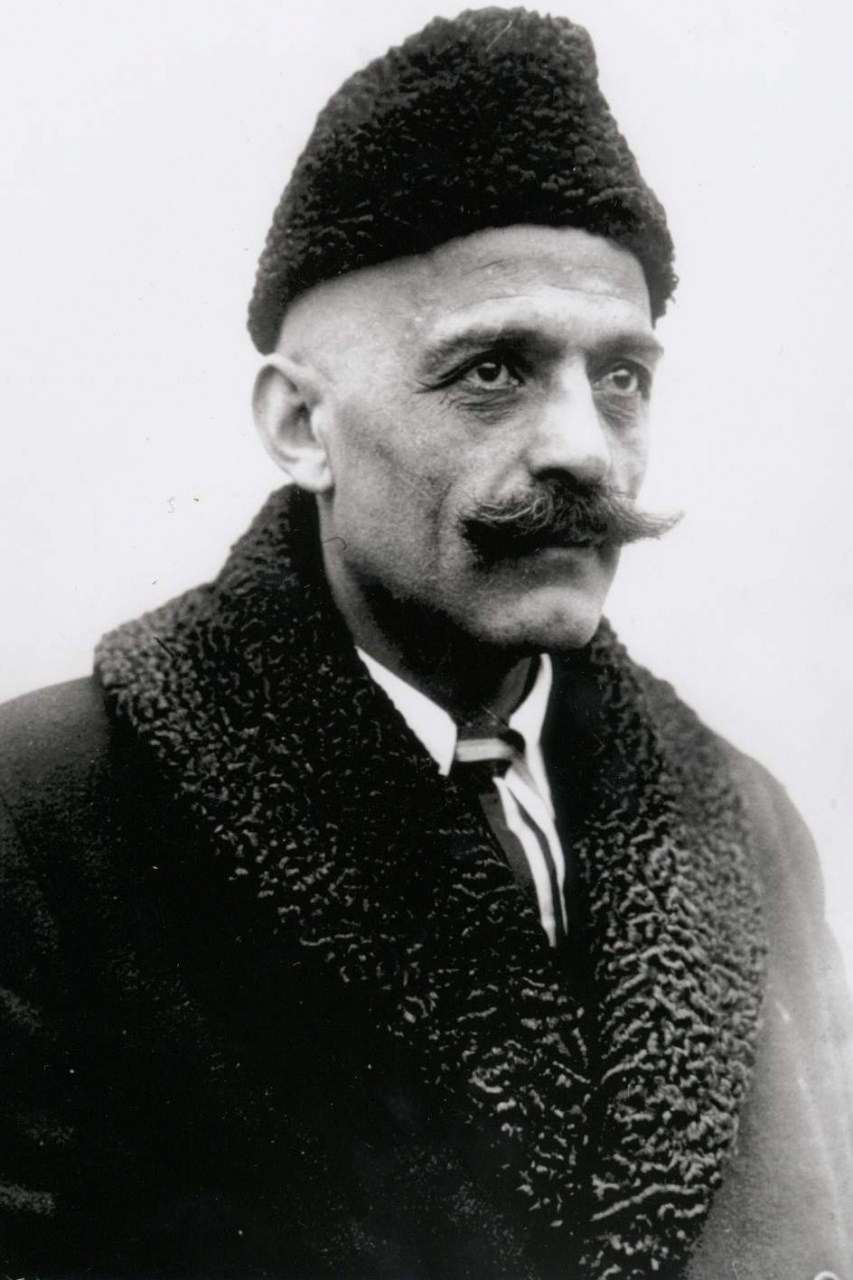
David Robertson speaks to two remarkable scholars, Carole Cusack and Steven Sutcliffe, on the significance of G. I. Gurdjieff to the study of religion. How do we approach figures like Gurdjieff whose legacies (and archives) are tightly controlled by their followers, and who often aren’t seen as worthy of study by the academy and publishers?
Alex Norman on Spiritual Tourism

What would you think if I told you I had just come back from a holiday in Aya Napa? How about Santiago de Compostella or Glastonbury? How about Mecca? When does travel become pilgrimage, and what are the spiritual factors behind our holiday choices? In this week’s interview, Alex Norman and David Robertson discuss the history and modern relevance of journeys undertaken for spiritual benefit and transformation.
Bruno Latour, Talking “Religiously”, part 2

This is the second part of our interview with Professor Bruno Latour. This time, Latour and David Robertson discuss Latour’s recent works We Have Never Been Modern and On the Modern Cult of the Factish Gods. Discussion moves from his critique of the distinction between the manufactured and “real”, and how this affects our models of belief.
Bruno Latour, Talking “Religiously”, part 1

Professor Bruno Latour is one of the most respected scholars in the social sciences today. In this first part, Latour and David Robertson discuss the broader relevance of his work for Religious Studies. They discuss actor-network theory, of which Latour was instrumental in developing. This includes some discussion of phenomenology and religious “essence”.
Only 60 Seconds! | Mid-Year Special 2012
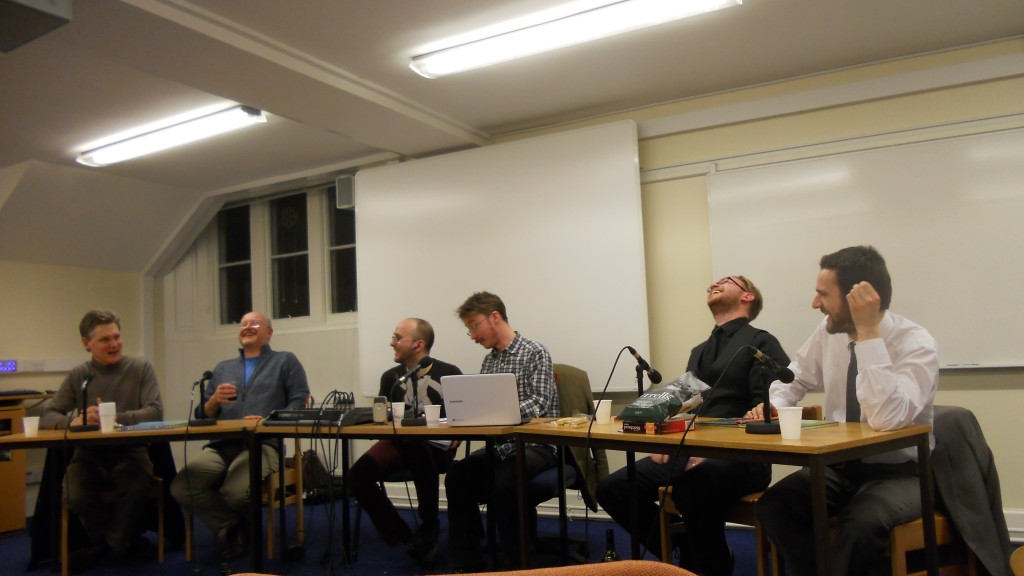
Can Steve Sutcliffe talk about “habitus” for a full 60 seconds without deviation, hesitation or repetition? How much does David Wilson know about “Postmodernism”? Mr David Robertson is your host (ably assisted by Mr Chris Cotter) for this special festive episode of the Religious Studies Pro Recorded live in Edinburgh on December 20th, 2012.
Religion in the 2011 UK Census

An ’emergency broadcast’ from the Religious Studies Project… featuring George Chryssides, Bettina Schmidt, Teemu Taira, Beth Singler, Christopher Cotter, and David Robertson. What did the 2011 census data actually say, and how did the press report it? Why does it matter, and how can we use the data more constructively?
An Evaluation of Harvey’s Approach to Animism and the Tylorian Legacy

The interview with Graham Harvey on Animism was of particular interest to me because my Masters thesis concerns the theoretical relevance of the work of E.B Tylor, credited with introducing the concept of Animism to scholarship. Harvey related Animism back to the work of Tylor but when offered a definition of Animism by the interviewer (David Robertson), as “the attribution of a soul of some kind to non-human beings”…
The Study of Gnosticism Reloaded: From Theological Ostracism to Cultural Appropriation

In this response to our interview with David G. Robertson, Fryderyk Kwiatkowski builds on and furthers the discussion by exploring alternative approaches to studying gnosticism in conversation with Robertson’s analysis.
The World Religions Paradigm: An RSP Remix
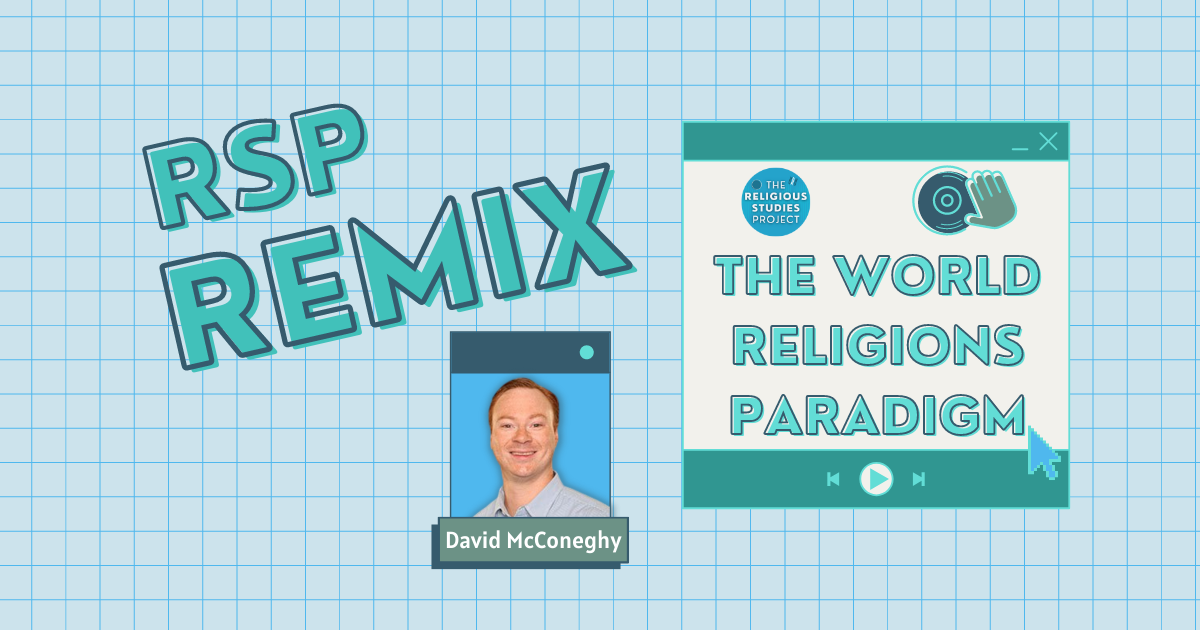
This RSP Remix answers the question “What is the world religions paradigm?” with an abridged version of our 2013 interview with James Cox.
